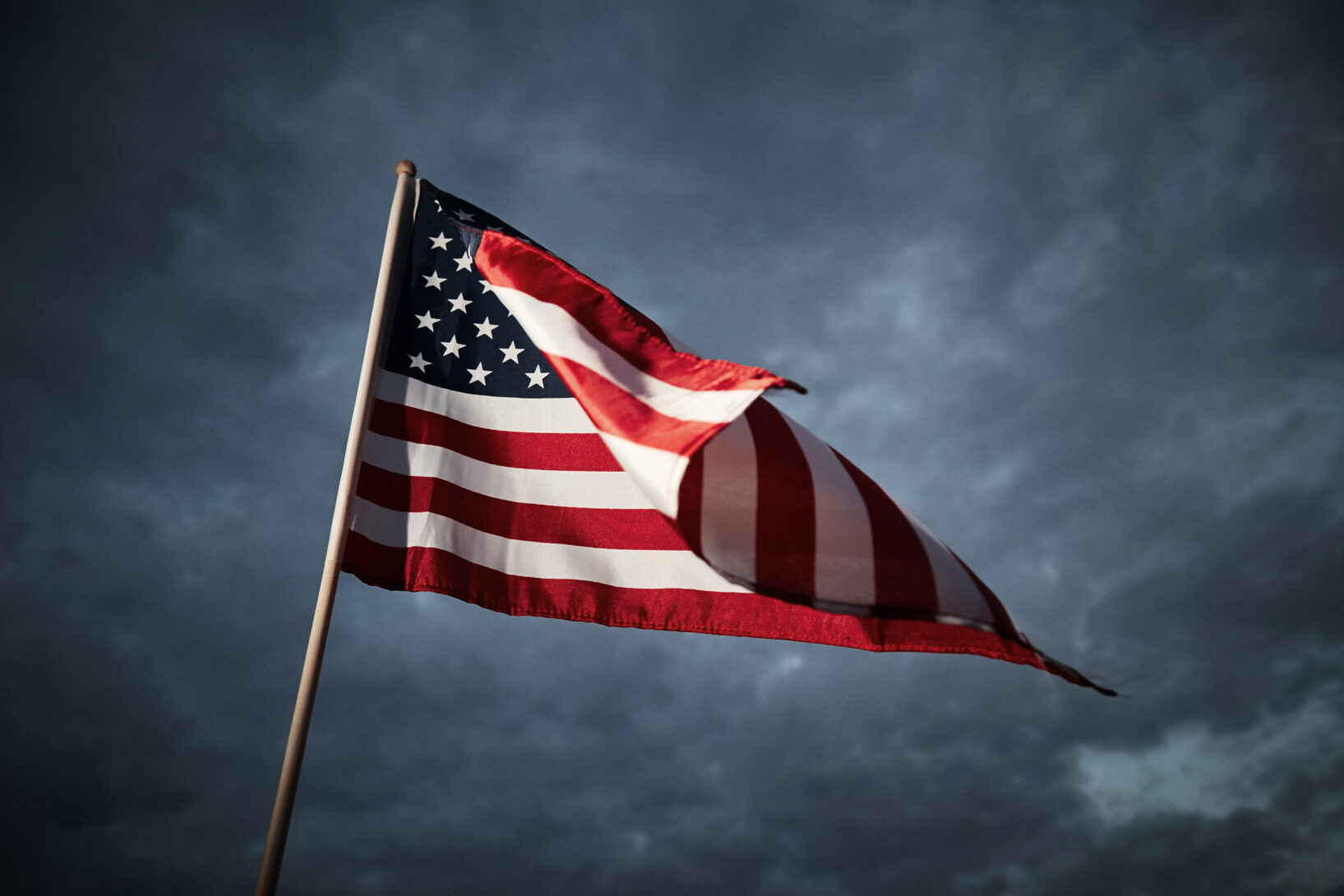The assassination of Charlie Kirk last week brought freedom of speech to the forefront of America’s national conversation. Kirk was both an ardent and imperfect advocate for free speech. Reactions to his killing (and the reactions to the reactions) have reminded us why freedom of speech, like all democratic freedoms, requires continuous maintenance. It also serves as a reminder that democracy is special precisely because it can survive only if citizens and leaders alike “can keep it,” as Ben Franklin famously said.
The day after Kirk’s murder marked the anniversary of September 11, 2001, another moment of crisis that reminded us of our collective role in defending democracy.
On the evening of the 2001 terrorist attacks, President George W. Bush addressed a reeling nation by leaning on America’s democratic values and traditions. “America was targeted for attack because we’re the brightest beacon for freedom and opportunity in the world. And no one will keep that light from shining.” Across the country, people united to defend the idea of American democracy, its freedom, openness, and its status as a global beacon.
It may surprise some to remember that business leaders did not speak up much at all in the aftermath of the September 11 attacks. Unlike today, business leaders weren’t expected to speak out, even about an event with such massive economic implications. It was a world before the Enron and Worldcom scandals, the 2008 financial crisis, Occupy Wall Street and the Tea Party movements. Before Citizens United and Hobby Lobby. The values of Millennials and Gen Z hadn’t landed in the workplace and their purchasing power hadn’t yet arrived at the checkout counter.
Americans also found credible leadership outside of business. According to Pew, President Bush’s approval rating rose 35 points in just 3 weeks. In September 2001, 86% of Americans, including 76% of Democrats, approved of the way he was handling his job as President. By October of that year, 60% of Americans expressed trust in the federal government. The next month, almost 70% of Americans said they believed news organizations “stand up for America.”
Fast forward to today, the United States is again wracked with fear and uncertainty. Attacks on foundational democratic freedoms, long-standing institutions, and democratic norms are destabilizing the foundation of our society and economy. In 2001, citizens put their trust in government, the press, academia, and civil society organizations. Today, that trust has disappeared. Who will lead in this moment of crisis?
According to Edelman, business is now the most trusted institution in society. The public wants business to lead, but corporate leaders are hesitant to speak about democratic institutions, freedoms, and norms. They don’t have a playbook for this moment, to prepare them to act when the civic foundation of free enterprise is threatened.
Over the past year, we have been speaking with business leaders about the links between a healthy democracy and a vibrant business environment, how leaders view their role in protecting the civic commons that underpins capitalism, and how business leaders can choose the right ways to lead. My colleagues Alicia Bonner and Neal Kemkar just published insights from those dialogues that represent small first steps on a responsible, effective path forward for business leaders.
Most leaders we have spoken to believe that business has an important role to play in protecting democratic processes, rules, and institutions, both for society in general and for the long-term health of the economy. But knowing what to do, when, and how are still open questions. But last week’s events underscore the urgency of repairing our democracy. We can’t wait for the playbook to be written. In the words of Todd Beamer, the courageous passenger on Flight 93, who alongside other passengers decided to act 24 years ago, “Let’s roll.”
This blog post was originally published on LinkedIn.


